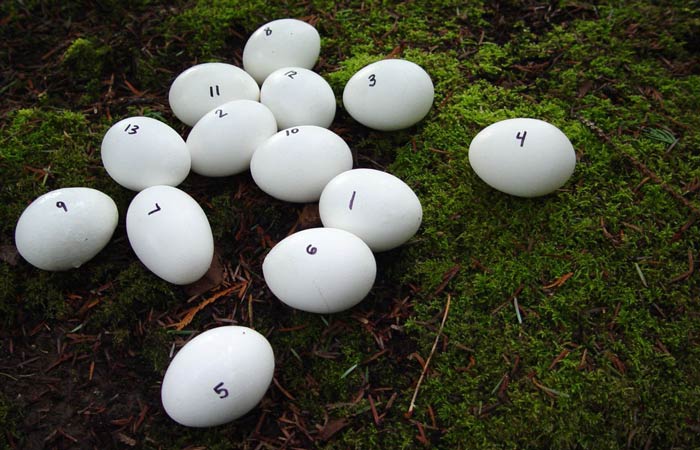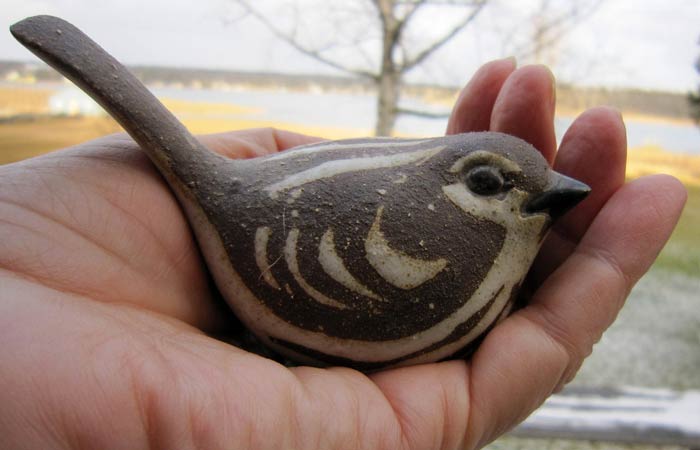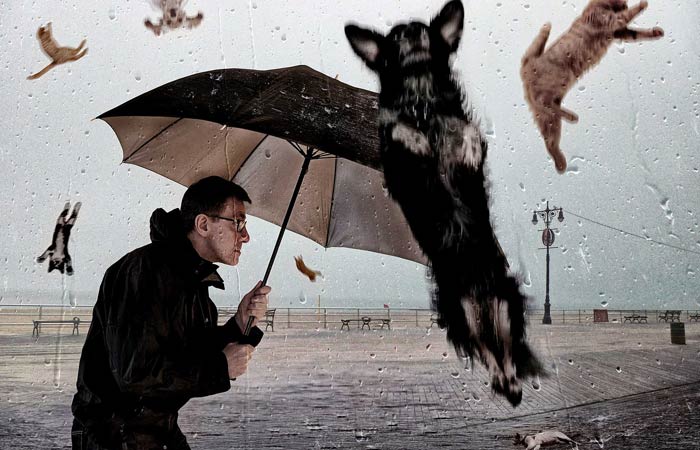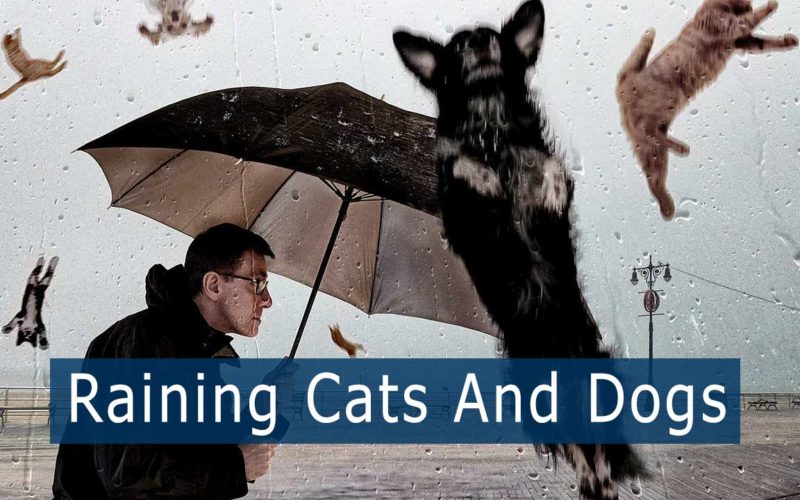- 1.6Kshares
- Share
- Tweet
- Facebook Messenger
There are certain sayings we use often but know nothing of, except for their correct usage, which too was perhaps learnt on the go by most of us. We either find them as catchy sentences in books or hear people uttering them in various contexts and so pick them up as our favourite conversational tools.
Here’s an attempt to dig deeper into some common sayings and find their interesting origins.
1. Pulling one’s leg

Meaning: To tease, to play a joke.
Origin: There are two theories behind how it came into existence. But, both theories aren’t backed by substantial evidence.
- They say thieves used to pull at people’s legs to make them trip because it would become easier to steal once the person was on the ground. The saying first originated in such a manner either in ‘Victorian London’ or ‘medieval markets’.
- Tyburn was the chief place to hang the criminals in England until 1783. Story goes that they hired ‘hangers on’, or, people who were made to hang to the legs of the one made to hang, in order to result in a faster death.
2. Don’t count your chickens before they’re hatched

Meaning: Don’t be super confident in anticipating success until it is certain.
Origin: Allegedly, the first documented presence of this idiom was in the 1570 “New Sonnets and Pretty Pamphlets” by Thomas Howell as:
“Counte not thy Chickens that vnhatched be,
Waye wordes as winde, till thou finde certaintee.”
3. Let the cat out of the bag

Meaning: Revelation of facts previously hidden. Sometimes also used to refer to a “blabbermouth”.
Origin: The first documentation of the expression is believed to be a book review published in a 1760 edition of London Magazine. The reviewer specifically wrote, “We could have wished that the author had not let the cat out of the bag.”
4. Crocodile tears

Meaning: A false display of emotion. Shedding fake tears of grief.
Origin: The expression’s roots belong to an ancient anecdote that says, crocodiles weep for the prey they eat. A collection of proverbs connected to the Greek historian Plutarch, suggests a comparison drawn between the crocodile’s behavior and people who deeply desire or cause the death of someone and then later fake moaning in public.
5. Bite the bullet

Meaning: To endure something that is extremely unpleasant or painful; something extreme in nature that can’t be avoided.
Origin:
- To help the patient cope with the pain while the surgeon went about doing his task, the patient was given belts of whiskey to numb the senses and a bullet to clench in between his teeth.
- Also believed to have been evolved from the British expression “to bite the cartridge“, which travels back in time to Indian Rebellion of 1857.
- The phrase was first recorded by Rudyard Kipling in the novel The Light that Failed.
6. Butter someone up

Meaning: The act of flattering someone to gain a favour.
Origin: The traditional Hindu custom of throwing ghee (clarified butter) balls at God’s statues in order to please them and seek favours.
7. Give the cold shoulder

Meaning: Dismissing someone, showing indifference.
Origin: The exact origin remains unknown. The first record of the phrase, however, is in the Scots language and was found in 1816 novel The Antiquary by Sir Walter Scott, as: cauld shouther.
8. The Apple of my eye

Meaning: Something or someone that is dearest of all to one’s heart.
Origin: The early records of the phrase are in the Bible. It was also used by Shakespeare in A Midsummer Night’s Dream, which was sometime in the 1590s, and said,
“Flower of this purple dye,
Hit with Cupid’s archery,
Sink in apple of his eye”
9. Caught red handed

Meaning: Getting caught in wrongful acts, with evidence all out in open.
Origin: One of the many mythical origins of the phrase talks about the time when for a boat race, it was decided that the first one to touch the shore of Ulster (northern Irish province) would become the rule of the province. And so, one contestant chopped off his hand and threw it towards the shore to claim victory. The “Red Hand” is also a cultural symbol of Ulster.
The first known documented record of “red hand” is from the 1432 Scottish Acts of Parliament of James I.
10. A bird in the hand is worth two in the bush

Meaning: A little good in hand is worth more than taking chances of a bigger good, that when realised, may amount to nothing at all.
Origin: The first known documentation of the proverb is in John Ray’s 1670 A Hand-book of Proverbs.
11. A sight for sore eyes

Meaning: Someone or something, you are utterly glad to see.
Origin: Allegedly, the phrase was first documented in Jonathan Swift’s A complete collection of genteel and ingenious conversation, in 1738.
12. Absence makes the heart grow fonder

Meaning: The lack of something increases its desirability.
Origin: Elegies by the Roman poet Sextus Propertius gives us the earliest record of the phrase. He precisely said,
“Always toward absent lovers love’s tide stronger flows.”
13. Blood is Thicker than Water

Meaning: In the modern context, the phrase signifies the importance of family ties over friendships.
Origin: An equivalent proverb of this first appeared in the medieval German beast epic Reinhart Fuchs. By 1670, the modern version was mentioned in the John Ray’s collection of Proverbs.
14. Raining cats and dogs

Meaning: A heavy downpour.
Origin: While there’s a “raining animals” phenomenon for real, this phrase isn’t usually linked to it. There are many theories revolving around the same, though. One being that in the 16th century Europe, animals would crawl into the thatch of the peasant’s homes and when it would start to rain, they will fall out.
15. Break the ice

Meaning: To break down social awkwardness/stiffness/formality.
Origin: The earlier known meaning of the phrase was “to forge a path for others to follow,” referred to literally breaking of ice to allow navigation.
Now that you know the backstories, wouldn’t it feel much smarter to use these sayings?
- 1.6Kshares
- Share
- Tweet
- Facebook Messenger




